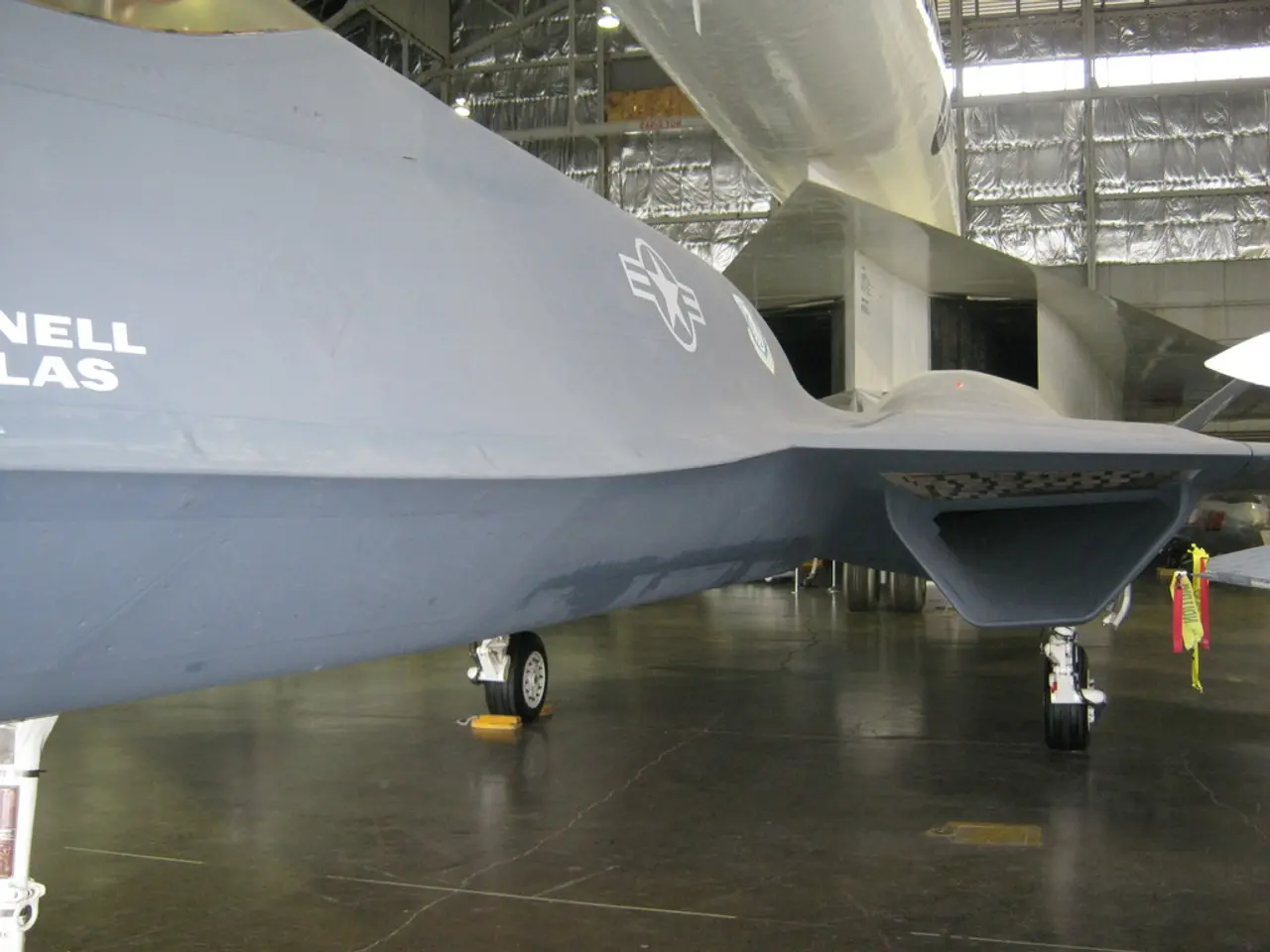Large order by Korean Air for 103 Boeing planes, along with 19 engines
Korean Air Announces Major Aviation Investment Plan
Korean Air has unveiled a significant investment plan that extends into the mid-to-late 2030s, with a focus on acquiring next-generation aircraft and engine maintenance services. This strategic move comes amidst delivery delays affecting the global aviation industry.
The airline has announced its intent to purchase 103 next-generation aircraft from Boeing, including 20 Boeing 777-9s, 25 Boeing 787-10s, 50 Boeing 737-10s, and eight Boeing 777-8F freighters. Additionally, Korean Air will purchase 19 spare engines from GE Aerospace and CFM International.
Senior officials attended a signing ceremony in Washington D.C. on August 25 to formalise these agreements. As part of the deal, Korean Air will also receive 20 years of engine maintenance service from GE Aerospace for 28 aircraft. The seller of the 11 spare engines that Korean Air will acquire from GE Aerospace is GE Aerospace itself.
This acquisition is a measure to support Korean Air's long-term growth, following its integration with Asiana Airlines. The airline's fleet strategy will focus on Boeing 777, 787, and 737, along with Airbus A350 and A321-neo.
Korean Air's fleet strategy aims to ensure stable capacity growth, achieve economies of scale, enhance fuel efficiency, reduce carbon emissions, and improve customer experience. The strategy is also designed to simplify its operations and improve operational stability and safety.
Korean Air continues its cooperation with the U.S. through its trans-Pacific joint venture with Delta Air Lines. This cooperation dates back to Korean Air's first U.S. cargo route (Seoul - Tokyo - Los Angeles) in April 1971 and its first passenger route (Seoul - Tokyo - Honolulu - Los Angeles) in April 1972.
The total investment for this purchase is approximately USD 50 billion, which includes an additional USD 13 billion for a 20-year engine maintenance service contract with GE Aerospace.
The aircraft are scheduled for phased delivery through the end of 2030. Korean Air's fleet strategy is part of its long-term growth plan, reflecting delivery delays affecting the global aviation industry.
With this investment, Korean Air is positioning itself for a strong future in the aviation industry, ensuring it can meet the demands of its customers while maintaining operational excellence.








